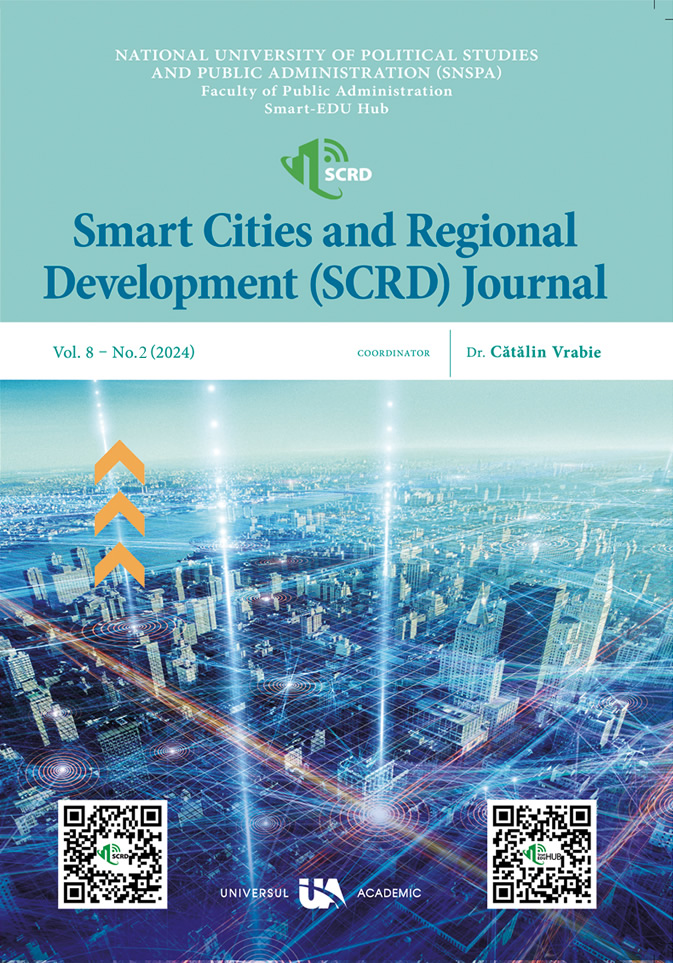Accompanying study of the development process towards a smart city strategy-with a particular focus on social change
DOI:
https://doi.org/10.25019/cpe4t781Keywords:
Smart City Strategy, Digital Agenda, Social Change in Society, Governance Indicators, problem based learning, process orientation modelAbstract
The development of a smart city strategy will take place in 73 selected cities in Germany as the result of a participation competition. The systematics of the requirements of the state as a funding provider and the approach of local actors will be examined in more detail in this study. The Objectives of the work are a supervised process of a model facility, on the basis of which observations for a process model are to be derived. This model is intended to enable various aspects as a starting point for non-subsidized institutions as well. A particular focus lies on the area of social change, which is difficult to quantify, in terms of social aspects. The Prior work shows that there are three different dimensions of strategy elements to be decided on in order to start subsidy-compliant design projects. On one hand, a team must be required that takes care of the smart city projects next to their regular tasks. Their composition and purpose in doing represent the first dimension. Secondly, the question of setting targets and the associated monitoring of results must be determined. Finally, the path of involving citizens and companies lead to the social legitimacy of the project team. The approach is based on a semi-structured participant observation by the authors. Qualitative insights into practical doing and abstracted findings based on an example case serve as practical recommendations for further and thus complementary consolidation and expansion of the findings. The first Results show that defining key performance indicators and objective key results is quite a new system of performance measurement for public institutions. In particular, the social aspects of living together in cities are difficult to put into key figures due to the diverse composition of society. Local differences with incentives and channels in different forms need to be translated into general insights. The Implications include enabling government leaders to initiate and manage transformative approaches to the digitization of public space. Social change as a field of action for the design of digital solutions will be opened up and brought closer by means of best-practice implementations. The value of the work lies in getting an example of steps towards a planning basis for comprehensive smart city agendas. Furthermore, management tools for digital projects are addressed and methods for the participation of service recipients of public authorities are presented. Through the classified experiences of the prime example, challenges, opportunities, risks but also weaknesses of the path to a smart city emerge, which can be a point of orientation for non-subsidized cities in their own roadmap.
Downloads
Published
Issue
Section
License
Copyright (c) 2024 Christian SCHACHTNER, Nadine BAUMANN

This work is licensed under a Creative Commons Attribution-NonCommercial-NoDerivatives 4.0 International License.


